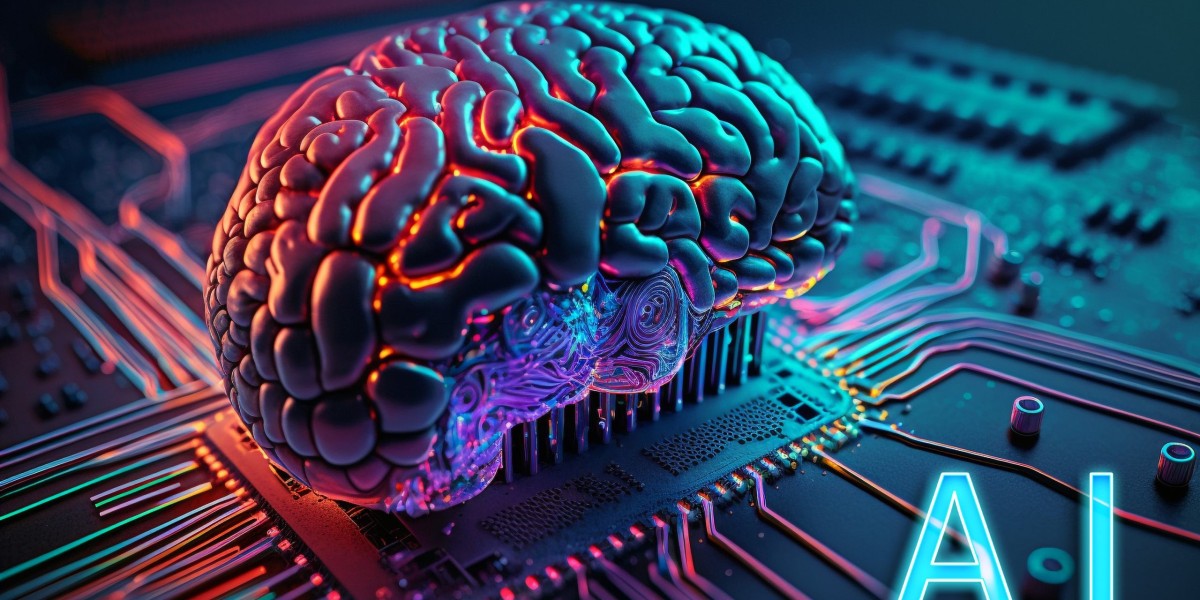Facial recognition technology utilizes AI algorithms to analyze and identify human faces in images or videos. From unlocking smartphones to monitoring public spaces and aiding in law enforcement investigations, its applications are vast and diverse. However, as its usage becomes more widespread, concerns about the ethical implications of facial recognition technology have come to the forefront of public discourse.
One of the primary ethical considerations surrounding facial recognition technology is the issue of consent and privacy. In many instances, individuals may not be aware that their images are being captured and analyzed, raising questions about the right to control one's own personal information. Furthermore, the potential for misuse or abuse of facial recognition data by governments, corporations, or malicious actors underscores the need for robust safeguards to protect individual privacy rights.
Another key ethical concern is the risk of bias and discrimination inherent in AI algorithms. Studies have shown that facial recognition systems can exhibit racial and gender biases, leading to inaccuracies and unfair treatment, particularly for marginalized communities. Without careful attention to bias mitigation strategies and inclusive dataset collection, facial recognition technology risks perpetuating and exacerbating existing societal inequalities.
Moreover, the widespread deployment of facial recognition technology raises significant questions about mass surveillance and its implications for civil liberties. The unchecked expansion of surveillance infrastructure, coupled with the growing capabilities of AI-powered facial recognition systems, threatens to erode personal freedoms and undermine democratic principles of privacy and autonomy.
In response to these ethical challenges, there is a growing call for transparency, accountability, and regulation in the development and deployment of facial recognition technology. Stakeholders from government, industry, academia, and civil society must collaborate to establish clear guidelines and standards that ensure the responsible use of AI in facial recognition applications.
Additionally, efforts to promote diversity and inclusivity in AI research and development are essential to address bias and discrimination in facial recognition technology. By prioritizing diverse perspectives and equitable representation in dataset collection, algorithm design, and decision-making processes, we can strive to create AI systems that are fair, accurate, and respectful of individual rights.
In conclusion, the ethical considerations surrounding facial recognition technology highlight the need for a thoughtful and proactive approach to the development and deployment of AI systems. By balancing the promise of technological advancement with a commitment to responsibility, transparency, and ethical integrity, we can harness the transformative potential of AI to create a more just and equitable society for all.




Marcelo Orlando 42 w
Acredito que a IA veio para mudar tudo em nossas vidas mais temos que ter um pouco de cautela pois nossa dependencia em tecnologia é muito grande.